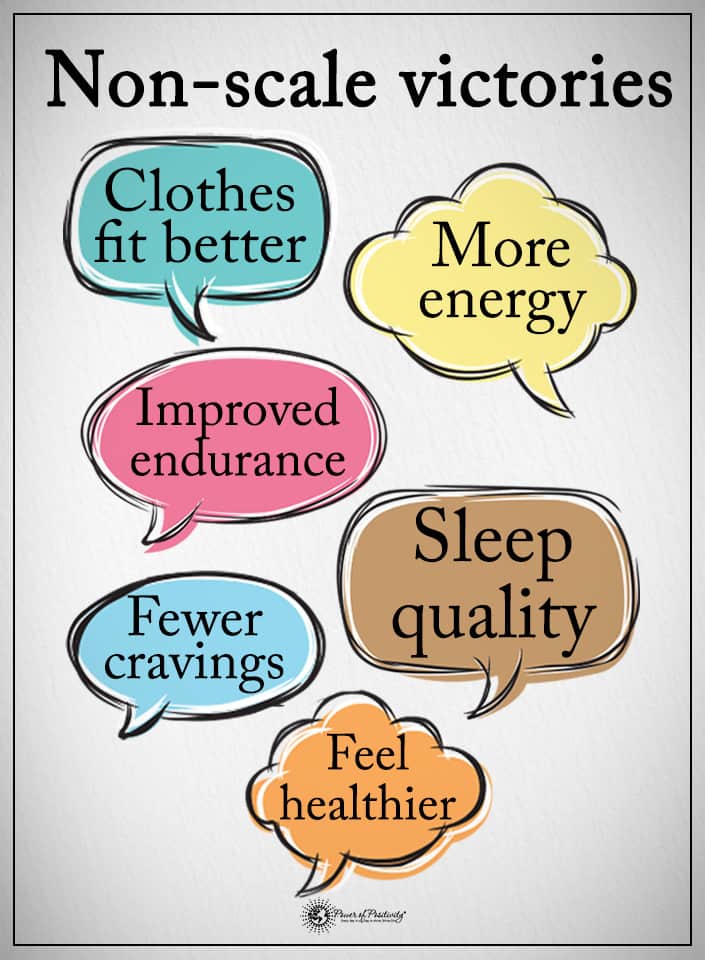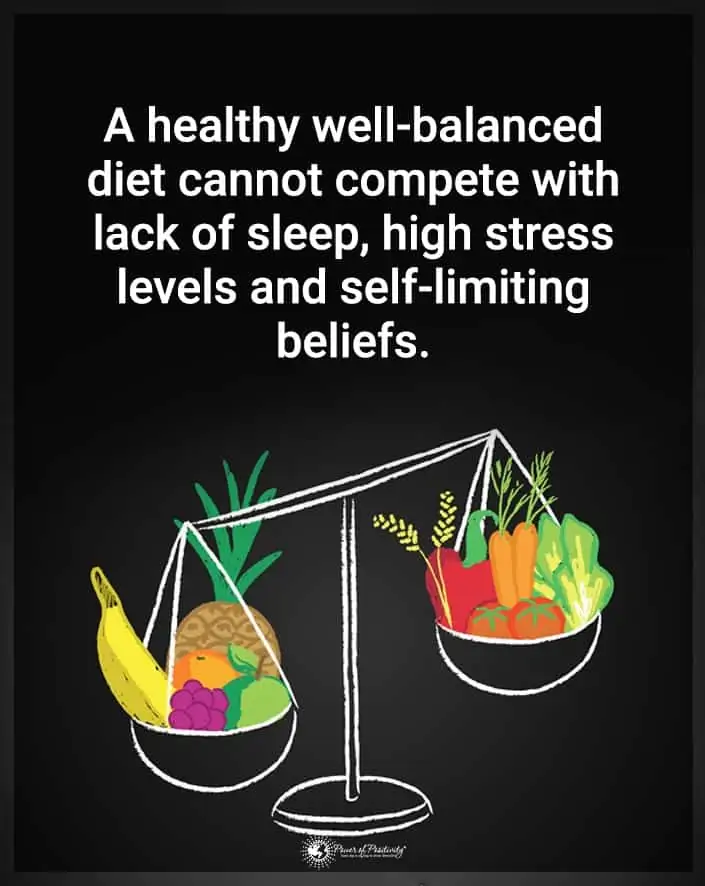Everyone struggles with loneliness at one point or another in their lives. It can feel like you’re trying to breathe underwater. The often accompanying depression can be even worse. Even if you’re surrounded by friends and family, sometimes the loneliness creeps in. It can happen after a bad breakup, a divorce, or even the death of someone you hold dear.
According to Dr. Pamela Qualter, “While social isolation is an objective measure of how much we interact with others, loneliness is a subjective experience related to whether we feel we have enough friends or have good quality relationships.” Loneliness can feel impossible to escape from. Luckily, it doesn’t have to last forever. Learning how to handle and deal with loneliness will allow you to process the accompanying feelings, and then learn to move on.
Here are 8 ways to break free from loneliness (and avoid depression)
“Negative emotions like loneliness, envy, and guilt have an important role to play in a happy life; they’re big, flashing signs that something needs to change.” Gretchen Rubin
1. ACCEPT THAT THERE’S NO EASY FIX
If you came here seeking a 24-hour fix to loneliness, you won’t find it. But that’s okay! It shouldn’t be quick. Giving yourself time is the most important part of learning how to break free from loneliness. When you allow yourself time to feel your emotions, you learn to be patient and kind with yourself. These positive feelings and coping skills mean that you’ll be better equipped to handle the waves of loneliness.
2. ASSESS YOUR LONELINESS
Learning to assess what is making you feel lonely is the next step to breaking free from the overwhelming feeling. Is it a break up? Is it the death of a close friend or family member? Once you’re able to access that loneliness, you’ll have the knowledge you need to seek help moving past it.
According to Dr. Eric Maisel, “Nothing causes more emotional distress than the thoughts we think. We must do a better job than we usually do of identifying the thoughts that don’t serve us, disputing them and demanding that they go away, and substituting more useful thoughts.”
If you’re unable to pinpoint what it is that’s making you feel lonely, talking to a therapist can help you bounce ideas back and forth and maybe find what’s hiding deep in your subconscious that’s making you feel this way.
3. REMEMBER: LONELINESS IS JUST A FEELING
While it may feel overwhelming and unpleasant, your loneliness is just a feeling. It isn’t a state of being or a fact of life. When you’re able to conceptualize your loneliness as a feeling that can and will pass, you’ll be able to work on simply feeling it – and then, when it’s over, letting it go. Don’t allow the feeling of loneliness to trick you into thinking that it’ll never go away. It will, and you’re strong enough to move past it.
4. REACH OUT TO YOUR LOVED ONES
Building a support network in your time of need is one of the most proactive things you can do to combat the feeling of loneliness. As cognitive behavior therapist Ratna Golaknath mentions, “This is something I have struggled with in my difficult periods, but the truth is, we need to let others in. Remember there are people around you who are concerned and want to help. Just as you would want to be there for them, they want to be there for you.”
Your loved ones will be able to reassure you, validate your feelings, and most of all offer comfort and distractions. While it may be tempting to keep yourself locked away inside with nothing but the television for company, this is only going to exacerbate your feeling of loneliness.
5. TALK TO A THERAPIST OF COUNSELOR
Family and friends can sometimes be too biased to help us access our feelings, and they may not have the background necessary to offer sound advice. A therapist or counselor can give you tools and coping mechanisms to deal with your loneliness. A therapist can also offer an outside perspective that we won’t be able to get with friends or family. Therapists are also great at playing the devil’s advocate and forcing us to really examine why we feel the way we do.
6. PRACTICE SELF-AWARENESS
This is something that a therapist or counselor can help you with if you don’t know where to start. Self-awareness means that you’re able to become aware of what triggers your feelings of loneliness, and then understand how your mind and body react to those situations and feelings. This process will help you gain better control of the loneliness so you can process your emotions.
7. GET OUT OF THE HOUSE
It doesn’t have to be with a large group of people, or even one other person. Go to the art museum or see a movie by yourself. Learning to be alone and having fun by yourself will help combat that feeling of loneliness. Getting out of the house and allowing your body to move will help clear your mind. It may even distract you from your feelings and give you some relief.
8. KEEP TRYING
Always keep trying. Even if your loneliness persists for months and it feels like it’s never going to stop: always keep trying. Because each day that you keep trying is another day that you’re working towards getting better and breaking free of your loneliness. So, no matter how hard it feels: keep trying.
Loneliness can be overwhelming, but there’s no reason that you have to suffer alone. Having the tools to overcome your feelings is the first step to breaking free. Before you know it, you’ll wake up one day and find that the persistent loneliness is nothing more than a memory of a sadder time in your life.










